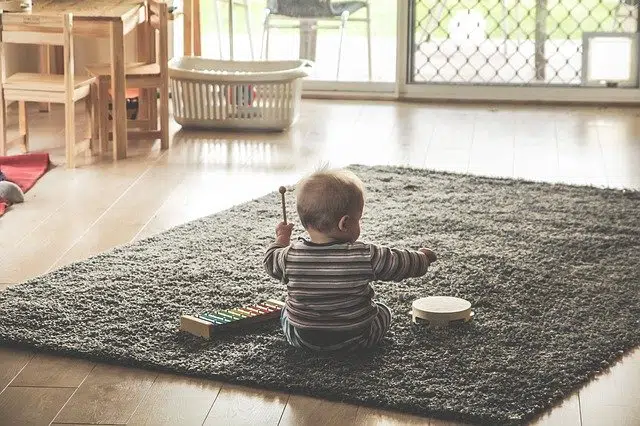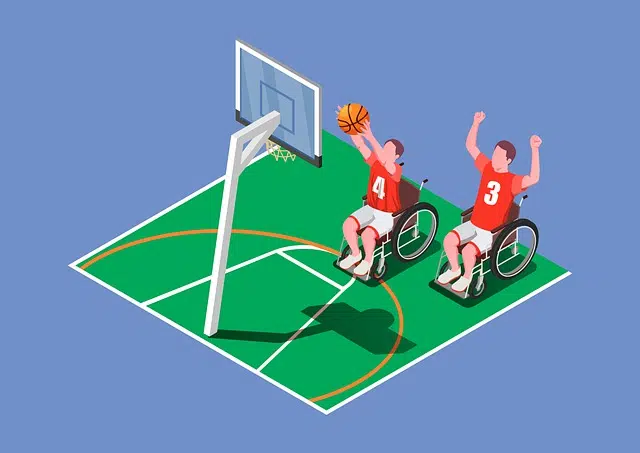
Babies gradually develop their motor skills.
The notion of motor skills refers to the ability of an organism to generate movement or move . The concept also refers specifically to the power of the central nervous system to cause muscle contractions .
Motor skills can be understood as the control of the body by people. Human beings are not only able to reproduce movements, but they can also express their intentions creatively or spontaneously.
Types of motor skills
It is possible to differentiate between gross motor skills and fine motor skills . Gross motor skills refer to general coordination and broader movements ; fine motor skills, movements that require greater skill and precision. Throughout the development of the body and mind, fine motor skills are achieved after gross motor skills, since they require adequate coordination of the actions performed by different muscle groups.
Motor skills, in short, are not the same as movement. A movement is a motor action that leads to changing the position of a body component or the body in general. Motor skills encompass all the functions and processes that a movement entails, including the mental factor.
The central nervous system, joints and muscles participate in voluntary movements. Through a learning process , children develop motor skills from birth, gradually acquiring skills such as standing or walking. First they develop gross motor skills and then, once they reach the necessary maturity and physical growth, fine motor skills. To promote these processes, it is important that children carry out physical activity and are stimulated by adults.

People with motor problems can practice adapted sports.
Motor deficiencies
Motor problems are part of the so-called motor deficiency , which manifests itself through a disorder in the musculoskeletal system , which is made up of the muscular and osteoarticular systems . A person with a problem of this type may show difficulty performing common tasks, such as picking up a pen and writing, or moving around, coordinating certain movements, or maintaining a firm posture .
The accuracy of movement is one of the faculties that affects motor deficiency, and this can be very serious in our time, since almost all our daily activities, both in the areas of leisure, work and student life, require a lot of precision. . In some cases, motor problems also affect speech and cause an abnormal reduction in muscle strength .
Basically, what leads to motor deficiency is an alteration in various parts of the body: the muscles, joints, bones and, of course, the area of the brain that is responsible for coordinating movements.
Classification of motor difficulties
We can distinguish two general types of motor problems:
* physical peripheral : they affect the joints, muscles, bones and extremities;
* neurological : there is damage to the brain that interferes with the sending of motor information to the rest of the body.
These motor disorders can originate before, during or after birth. In the first group, an infection or metabolic disease that affects the mother usually occurs due to blood incompatibility with the father. During childbirth, the appearance of a motor deficiency may be due to lack of oxygen for too long (sometimes caused by an obstruction in the baby's nasal passages), prematurity, or damage to the skull from the use of forceps.
Regarding cases that begin after birth, some of the most common causes are brain hemorrhage , meningitis or thrombosis.
